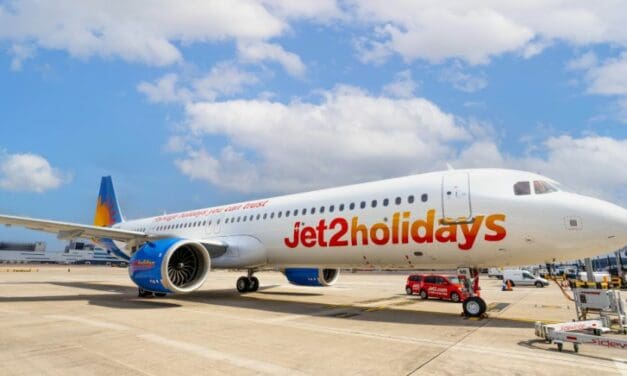Airlines are warning it could take up to 6.5 hours longer than normal to process each passenger journey unless governments quickly adopt digital processes to check COVID tests, vaccine certificates and passenger locator forms.
The International Air Transport Association says processing times at airports have already ballooned to three hours per passenger at peak periods, even though travel volumes are at only about 30% of pre-pandemic levels.
It says this is double pre-COVID levels, when passengers spent an average of 1.5 hours per journey at check in, security, border control, customs and baggage reclaim.
IATA said the greatest increases are at check in and borer control due to travel health credentials, such as COVID tests, are being checked mainly as paper documents.
Modelling suggest that without improvements the time spent in airport processes could reach 5.5 hours per trip at 75% pre-COVID traffic levels and eight hours per trip once traffic is back to pre-COVID levels.
“Without an automated solution for COVID-19 checks, we can see the potential for significant airport disruptions on the horizon,” said IATA Director General and former IAG boss Willie Walsh.
“Already, average passenger processing and waiting times have doubled from what they were pre-crisis during peak time—reaching an unacceptable three hours. And that is with many airports deploying pre-crisis level staffing for a small fraction of pre-crisis volumes.
“Nobody will tolerate waiting hours at check-in or for border formalities. We must automate the checking of vaccine and test certificates before traffic ramps-up. The technical solutions exist. But governments must agree digital certificate standards and align processes to accept them. And they must act fast.”
UK Border Force says it plans to incorporate test results and PLFs into the e-gates, but this work won’t be complete until later in the summer. However, Heathrow has announced that it will operate Terminal 3 as a dedicated arrivals facility for passengers from red list countries to prevent delays to the processing of passengers from green and amber countries.
IATA said governments should integrate COVID and vaccine certificates into already automated processes for a smooth restart to international travel.
“This would need globally-recognized, standardised, and interoperable digital certificates for COVID-19 testing and vaccine certificates,” it said.
The UK is using the NHS app as proof of vaccination, but it has not yet intergrated COVID test results onto the digital platform. Also, the app doesn’t work with older phone models. Those without smart phones have to use a paper certificate to prove their vaccination status.
IATA said digitalized certificates have several advantages:
- Avoiding fraudulent documentation
- Enabling advance ‘ready-to-fly’ checks by governments
- Reducing queuing, crowding and waiting time in airports through integration with self-service check-in (via the internet, kiosks or mobile phone apps)
- Increasing security through integration with digital identity management being used by border control authorities
- Reducing the risk of virus transmission via the person-to-person exchange of paper documents
IATA said the G7 meeting of world leaders, which begins on 11 June, is the next opportunity for governments to develop a solution by:
- Issue vaccination certificates based on World Health Organization (WHO) Smart Vaccine Certificate data standards including QR codes
- Issue COVID-19 test certificates in accordance with the data requirements set out by the International Civil Aviation Organization (ICAO)
- Accept digital COVID-19 test and vaccine certificates at their borders
Where governments require airlines to check travel credentials, governments should accept traveller friendly apps, such as the IATA Travel Pass, to efficiently facilitate the process “This cannot wait. More and more people are being vaccinated. More borders are opening. Booking patterns tell us that pent-up demand is at extremely high levels. But governments and the competent authorities are acting in isolation and moving far too slowly. A smooth restart is still possible. But governments need to understand the urgency and act fast,” added Walsh.














